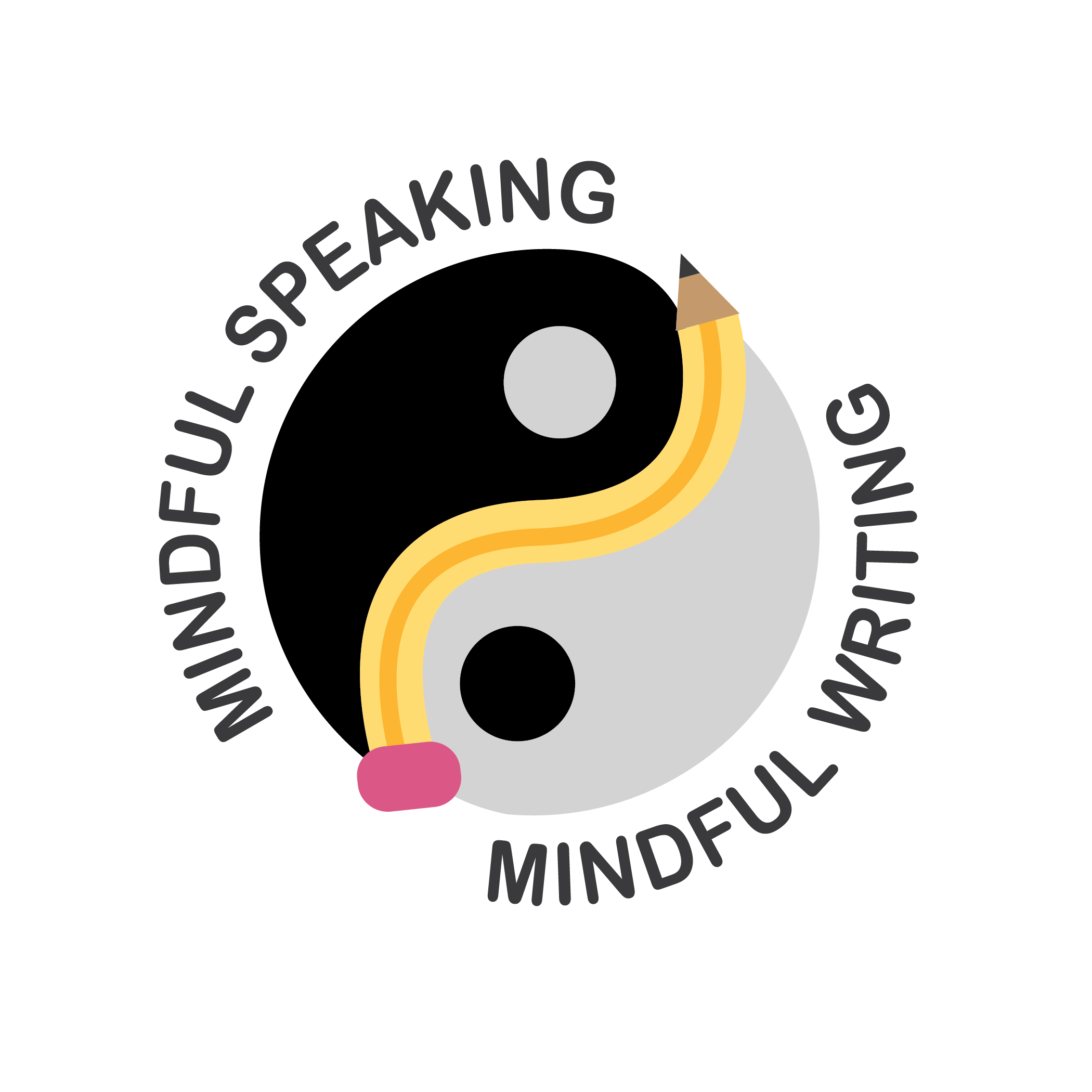
The most fundamental of all the many questions facing the Mindful Writer is this: what should I write about? We all face this question. But most advice on writing seems to skip this vital step, to focus on the “how” of writing – craft issues – as if the “what” of writing was either not worth contemplating or somehow takes care of itself. It doesn’t. The “what” of writing deserves your full attention and deep consideration.
Confronted with the question “what should I write about?”, many writers are immediately swamped by feelings, either of anxiety at the gaping blankness, or joy at the prospect of a subject that demands attention. If you’re in the latter category, then by all means jump in. But if the former, then what?
Conventional wisdom teaches us, “Write what you know about.” Partly that makes sense, but more important, especially for the Mindful Writer, is to “write what you’re curious about.” In fact, write what you don’t know about, what you don’t understand but want to. Seek the perplexing, the mysterious, the enigmas of life.
I work with writers focused on personal nonfiction — memoir, essay, life stories of one kind of another. For many, the initial inclination is to write the obvious, the facts that you know well, the big events that you’ll always remember. A more exciting path, one that more frequently produces outstanding writing and the most helpful insights, is to begin with what you don’t understand, especially what you’re curious about. Consider the following as thought starters:
– A time when you did something that was out-of-character for you. Explore what was going on. What was your deep desire? What prompted this action? What resulted from your action? What did you learn from it? Where did it take you?
– A time when you were lost or confused. Perhaps physically lost, or emotionally, or spiritually. Career or relationship or health or behavior or … Start with the feeling of not knowing. Go into the void. It may be uncomfortable to revisit, but often from that dark place, comes the most interesting and important writing.
– A time when the unexpected claimed center stage, when what you thought was going to happen, now obviously wouldn’t. See if you can sit quietly and recreate the scene. Watch as if it’s a movie playing out in front of you. Try not to direct the movie. Let it wash over you. Can you recapture the feeling? Where were you? What specifically did you do? Look for small, sensual details that reflect how you felt.
Now write. Dance with the partner that brings you to life.
I hope these prompts may stimulate you to look at what you write about in a different way. Most of all, I encourage you to think deeply about what it is that you’re writing about. Write, not to prove something, but to discover the truth about your life. To discover and to communicate your story.
Claim the past; live in the present.

Claim the past; live in the present! I’m going to adopt that as my daily thought, perhaps dig deep into something troubling and start a memoir. So far I’ve only dabbled in historical fiction or short fairy tales.
Thanks, Meggie. I find it helpful, too. That’s why I like to repeat it, often. I hope you do go for the memoir. It can be so much fun, so satisfying and healing. Start where you heart takes you, something you’re curious about – need not be troubling though it may be. good luck. Please keep me posted, I’d love to hear.
I love your writing! And your tips/prompts. I printed this one out and will be using it tomorrow when my new little writing group (four senior women in Marin) meets. Thank you, Peter!
Sharon – I hope your writing group went well. BTW, should you or any of them be interested, I’m teaching a 3-day workshop here in Ashland, May 4-5-6, “Discover Your Story, The Joy of Mindful Writing.” I’ll be sending out email details soon, or visit my web site (also as soon as I can get it posted there.)